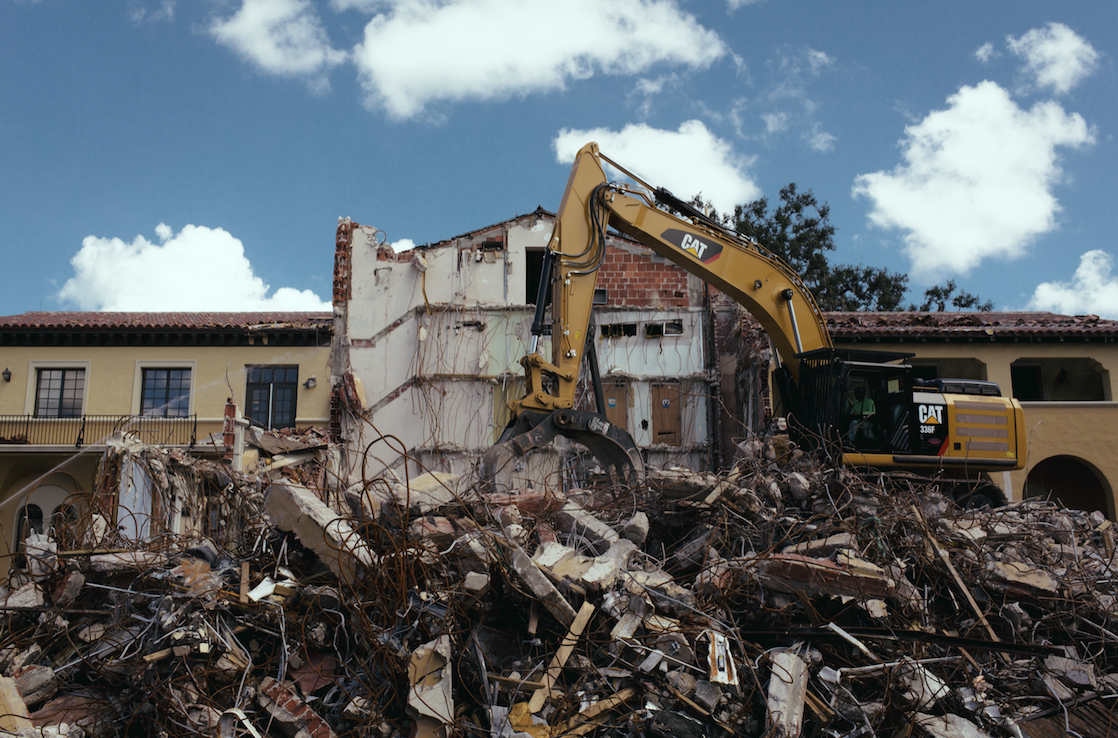
Ongoing construction projects are creating accessibility problems for students with physical disabilities.
The most prominent of these issues is the decreased accessibility to the Campus Center, which is greatly impacting the safety and social life of students who use mobility aids.
The renovation of Mills has completely obstructed the ramp that accesses the main entrance to the Campus Center. Alternatively, Rollins has directed students to go down the side of the building and enter through the back entrance of Dave’s Boathouse. From there, students can use the elevator to access the second floor.
However, for students who use a wheelchair, the new access route is not only tedious but dangerous.
Renée Rivera (‘22), a wheelchair-user, explained that she has extreme difficulty controlling her wheelchair when going down the large hill at the side of the Campus Center.
“My hands end up pretty sore and red from gripping my wheels so tightly so that I don’t accidentally roll into the lake. Going back up the hill is dangerous as well because if my wheelchair motor fails, I start rolling backwards and have to try to catch myself quickly,” said Rivera.
As a result of the difficulty navigating the hill and worrying about the often slow elevator in the Campus Center, Rivera has decided to completely forego going to the Campus Center to eat.
She worried about how this decision will impact her social life at Rollins: “As a freshman, I feel like I’m missing out on a lot of socialization because I’ve given up on getting into the Campus Center,” said Rivera.
Rivera is not the only student frustrated by the accessibility issues caused by the construction on campus. Whitney Horton, the newly appointed director of Accessibility Services, said that while she has not received any formal complaints, students have voiced their frustrations and concerns about the obstruction of the Campus Center ramp and the length of time it takes to navigate around Mills.
Horton also said that while the alternative accessible entrance to the Campus Center “is not optimal, the entrance is the most reasonable, keeping student safety in mind.”
Scott Bitikofer, assistant vice president of Facilities Services, said, “We specifically considered and struggled with the options for providing accessibility to the Campus Center during construction. Ultimately we had to choose between a series of poor alternatives.”
Bitikofer said using the ramp to the Campus Center during construction would have posed a significant safety risk to students, as it would have required them to move through the construction site.
Another alternative that was considered was to build a ramp off of the stairs on the opposite side of the Campus Center. However, Bitikofer said that doing so would require the ramp to be nearly 60 feet long and involve multiple twists and turns in order to allow space for construction equipment and keep in line with Americans with Disabilities Act standards.
While cost wasn’t a primary concern, Bitikofer said the ramp would have cost around $100,000.
“In the end it would have been little more direct than going through Dave’s boathouse,” said Bitikofer.
The visible issue of accessibility to the Campus Center gives rise to other questions of accessibility on campus. There are no elevators in any of fraternity or sorority housing. With the exception of Mayflower Hall, none of these buildings have ramps. Orlando Hall, an academic building, likewise does not have an elevator.
“Facilities is not unaware of buildings that may have areas that are not accessible, and [we] are fully committed to making these buildings accessible when they are renovated,” Horton said.
During her 11 years at Rollins, Horton said that “strides have been made” and she said that accessibility is at the forefront of any conversation about capital projects on our campus.
In the face of these accessibility issues, Horton encourages students to speak out. She said that Accessibility Services “will always be a champion for the student’s voice.”
To that end, Horton also said that if any students bring their concerns to her office, Accessibility Services will work to advocate on their behalf.
Any students who would like to voice a formal complaint can contact Accessibility Services on the first floor of the Olin Library or email access@rollins.edu.

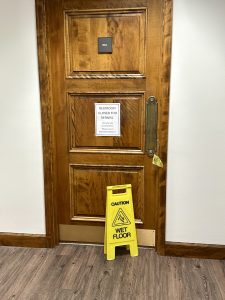



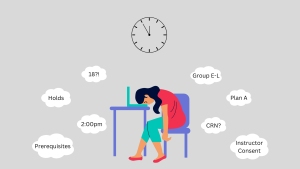

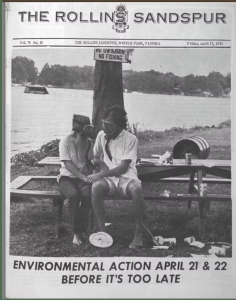




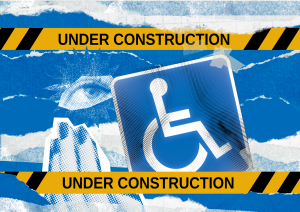
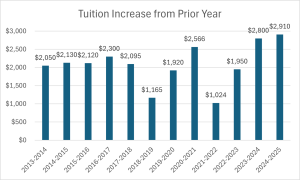

Be First to Comment